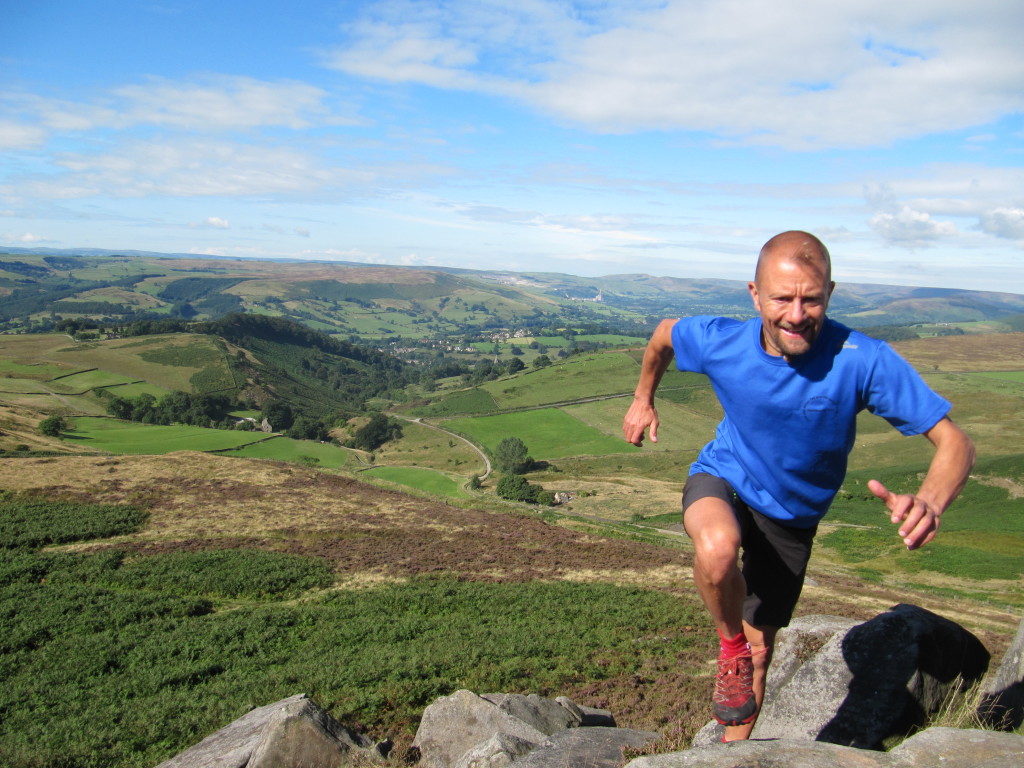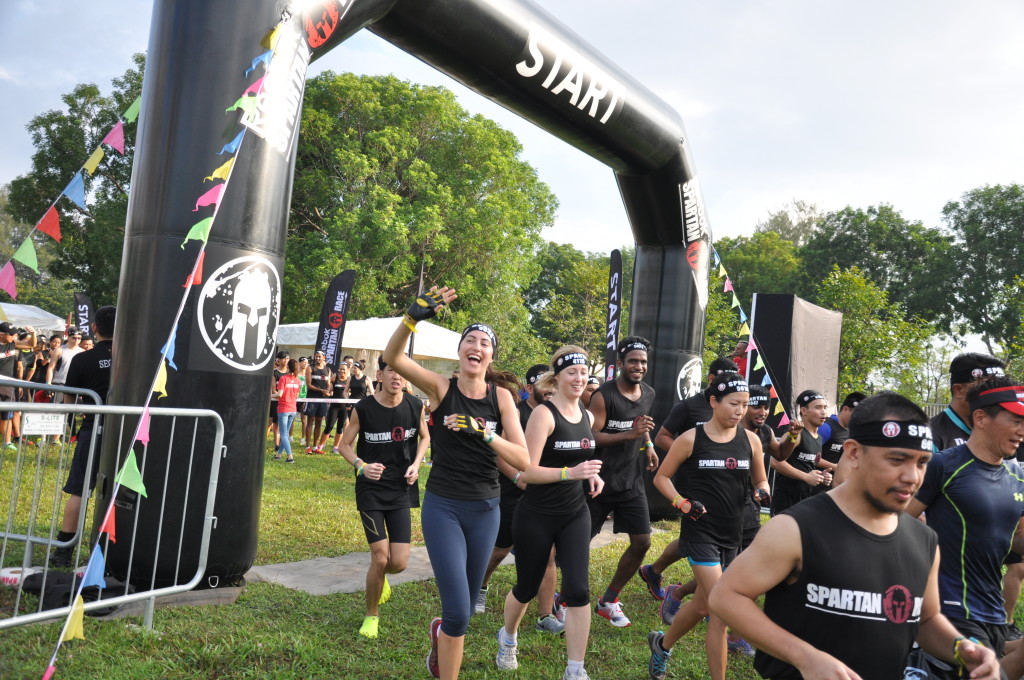A former elite athlete representing Singapore in swimming and triathlon, Jon Fong, now 36, has received many accolades from the Singapore National Olympic Committee throughout his athletic career.
Following the end of his professional sports career, Fong, who has a Bachelor of Science Degree in Kinesiology from the University of Southern California, went into coaching, working with athletes from various institutions.

Jon Fong, Head Scientist and Coach at Journey Fitness Co, advocates training smart
(Photo by Journey Fitness Co.)
Today Fong, a certified ITU Level 2 triathlon coach, is one of the co-founders and the head sports scientist of Journey Fitness Company. He continues his passion in helping other athletes to achieve their sports goals, in both running as well as triathlon.
And currently, Fong is working to expand the Journey Fitness Company’s method of coaching, into Australia too.
In this article, Fong shares his ideas on smart training for athletes.
Fong advocates training smart rather than training hard
Based on his years of experience in the sporting field, Fong strongly advocates training smart, rather than training hard in sports. This applies regardless of whether you are a weekend warrior or an elite athlete.
Said Fong, “Smart training is simply about optimising the way you are training to maximise your training benefits so that our body adapts and your performance improves. By knowing your physiological numbers and using the data to train within the beneficial zones, you can get more improvements on less or the same effort of time spent.”
He added, “Having structure to your training is also essential to training smart. It’s about being able to balance the fast and slow stuff according to your ability. To train smart is all about knowing when to train hard, with the right type of specifics and at the right intensities. Getting these right will benefit runners more in the long term rather than just blindly smashing themselves for short-term gains.”
Training with heart rate zones is the way to go
According to the scientist, training with heart rate zones, compared to basing your training on pace or distance, is important in training smart. He said, “Using heart rate zones allow runners to train up the different types of energy systems required to make them better long distance athletes.”
Added Fong, “Since each system is pegged to a heart rate range, spending time in these zones ensures the body learns the right processes required to improve. Bear in mind that heart rate zones differ among athletes due to different heart sizes though, so it’s not a one size fits all.”
Strength training is more important than speed-work
Fong also explained that strength training, through doing hill reps, are important in training smart and will help athletes a lot more in the long term, as compared to running intervals on the track till you are exhausted.

Strength training by doing hill reps is a great way to improve as a runner.
(Photo by fellrunningguide.co.uk)
Added Fong, “Building strength endurance on hilly terrain or anywhere that offers resistance, is far more important than lung-busting interval sessions on the track. By focusing on heading to the hills in the early to mid stages of a training plan, runners will develop a stronger base needed to get more benefits from the speed efforts later on. Without a strong base, they run a higher risk of falling sick and getting injured.”
Recovery is a vital part of the training process
And of course, recovery should be an integral part in any training plan, according to Fong. He said, “Training essentially loads and fatigues the body. This doesn’t actually make runners better; it makes them more tired. So without proper recovery, they will get more and more fatigued, which compromises the quality of training. By training smart, runners recover quicker and achieve a higher quality workouts – so they aren’t spending time clocking ‘junk miles.'”
To Fong, having one complete day of rest is essential every week too, in a smart training plan. He said, “Training seven days a week and 365 days a year is a recipe for disaster. So definitely having one day completely off is recommended to allow your body to heal and adapt.”
Continued Fong, “Active recovery is also beneficial on at least one of the remaining days in the week – which for example, could be a short, easy jog or a slow, relaxing swim. Active recovery helps to flush out the by-products from muscular breakdown.”
An athlete needs adequate recovery. So that’s why running too many races is also not recommended for any athlete. Explained Fong, “Racing too often is not ideal for improving performance because most runners race hard. This fatigues the muscles and depletes glycogen stores, so it takes a while to recover. If you keep adding races in a season without ample recovery time, fatigue just keeps accumulating, leading eventually to burnout.”
But signing up for races – with the intention of using them as training runs to fine-tune your strategies for the next race, is good according to the coach. He said, “This is a good practice that I often have my athletes do. It allows them to run through and refine their pacing, nutrition and hydration strategies. By holding back their racing effort too, they still get training benefits without over-fatiguing their bodies.”
But how many races should a runner sign up for in a calendar year? Said Fong, “This actually depends on the athlete’s training history and level of fitness. Professional athletes invest years developing their base, which enables them to to do more ‘A’ races. But a typical age-grouper should do one to three ‘A’ races spread out over a year, with some ‘B’ and ‘C’ races thrown in.”
If you have been overtraining, there are certain signs to look out for and according to Fong, these are falling sick very often, being prone to injuries and feeling fatigued all the time.
Journey Fitness Co to help athletes train smart
And to help athletes to train smart instead of hard, this is where Fong’s Journey Fitness Co. comes in. Specialising in optimising the way that endurance athletes train and race, Journey Fitness Co helps everyone, ranging from everyday to elite athletes – to achieve breakthrough performances by identifying their physiological limitations and working to fix these.

Journey Fitness Co can help athletes to train smart and not hard.
(Photo by www.smartrunningmethod.com)
Said Fong, “Training athletes isn’t an exact science and as high performance coaches, we have developed an online training platform that profiles athletes and builds customised training plans.”
For more information on Journey Fitness Co, check out their website here. http://www.journeyfitnesscompany.com
My reflections of the Journey Fitness Company training programme




Leave a Comment